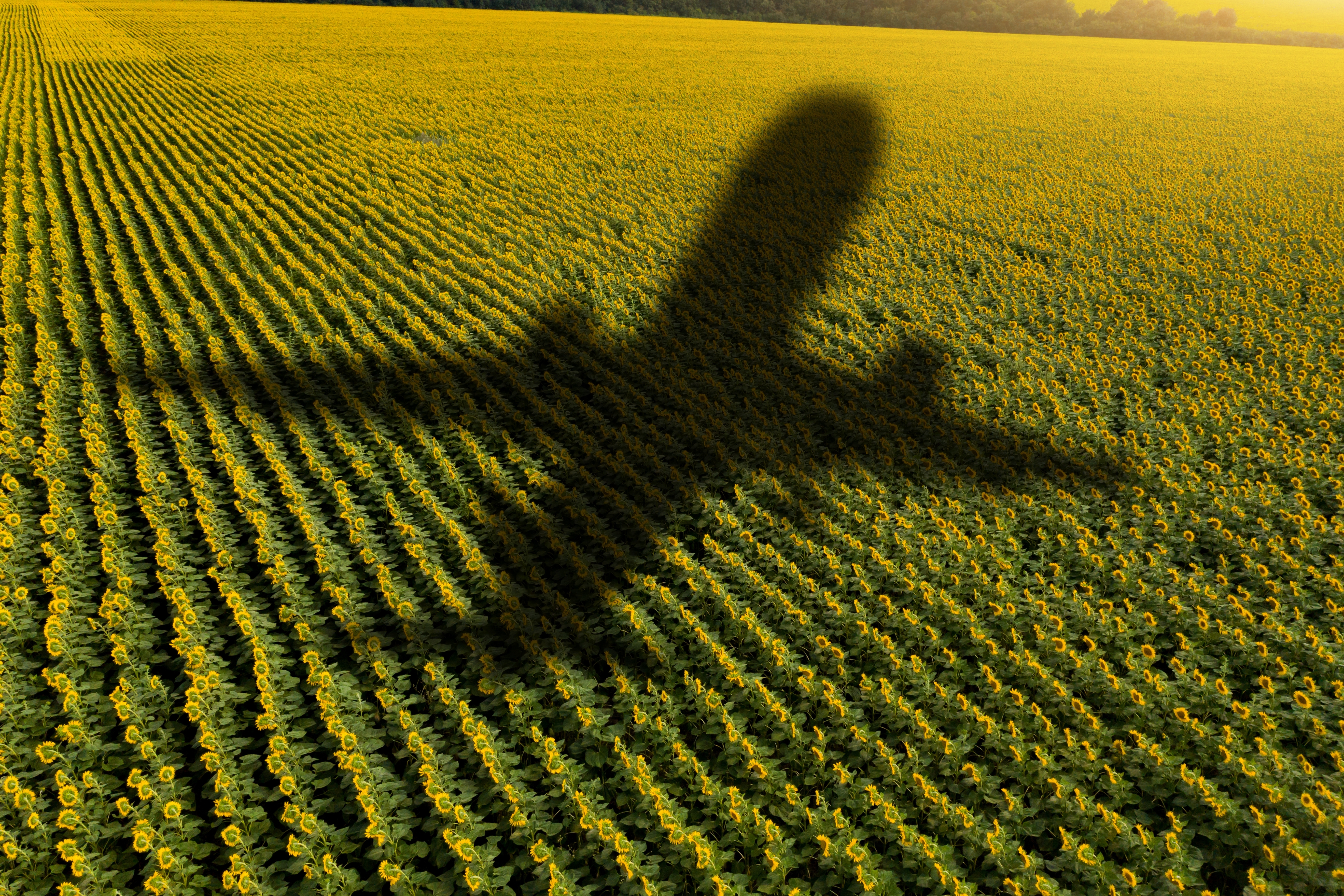Prioritizing sustainable aviation fuel production in South Korea could benefit the domestic economy and global decarbonization efforts

South Korea can lead the sustainable aviation fuel (SAF) industry with its advanced recycling system and above-average waste recycling rate
December 10, 2024 (IEEFA Asia): A new report by the Institute for Energy Economics and Financial Analysis (IEEFA) highlights the importance of developing a domestic sustainable aviation fuel (SAF) supply chain and addressing associated challenges and risks for South Korea to capitalize on market opportunities.
South Korea, the world's largest exporter of jet fuel, has implemented an SAF mandate, effective from August 2024, requiring a blend of at least 1% SAF for international flights by 2027.
SAF is an innovative solution for decarbonizing the aviation sector. It utilizes alternative feedstocks such as waste fats, oils, and grease (FOG), municipal solid waste (MSW), food waste, algae, and photosynthetic organisms.
According to Michelle (Chaewon) Kim, report author and IEEFA’s Energy Finance Specialist in South Korea, the mandate is a significant step towards reducing the aviation sector's contribution to global greenhouse gas (GHG) emissions, which accounts for 2-3% of total emissions.
However, delayed domestic supply uptake and unsustainable feedstock usage and production pathways could pose challenges that hinder the country’s SAF market leadership and decarbonization potential.
“While SAF offers a promising path toward decarbonization with economic benefits, a cautious approach is needed to address various challenges associated with using unsustainable feedstocks and production technologies,” says Kim.
“Increased reliance on external SAF feedstocks, such as imported used cooking oil or vegetable oils, threatens energy security and underutilizes South Korea’s advanced recycling program.”
Global race for SAF market leadership
Compared to traditional jet fuel, SAF offers a potential reduction in carbon dioxide (CO2) by up to 80%. It is also chemically similar to conventional jet fuel, requiring minimal aircraft and infrastructure modifications.
The International Air Transport Association (IATA) projects that 449 billion liters of SAF will be needed by 2050 to achieve net-zero emissions in the aviation sector. Globally, the SAF market is anticipated to reach around US$45 billion by 2030, compelling nations worldwide to adopt similar mandates. However, the market is still in its infancy, producing only 0.1% of global jet fuel, with prices significantly higher than traditional fuels. While current regulations allow for a blend of up to 50% SAF, commercial flights are targeting 100% SAF compatibility by 2030.
According to Kim, the primary barriers to SAF adoption are limited feedstock availability, difficulties of pre-treatment, and immature technology for scalable production. Consequently, SAF typically costs two to five times more than conventional jet fuel.
Leveraging South Korea’s advanced recycling system
South Korea has one of the world's best waste recycling systems (86% recycled waste) and is ranked second in the Organization for Economic Cooperation and Development (OECD) for municipal waste recycling (56.5%).
“South Korea could leverage its recycling program to collect domestically aggregated used cooking oil for hydroprocessed esters and fatty acids (HEFA) and co-processing production, along with MSW for Fischer-Tropsch (FT) and Alcohol-to-Jet (ATJ) pathways for SAF,” says Kim.
Kim adds that domestic feedstock procurement could reduce reliance on imported raw materials, potentially moderating SAF production costs and hedging feedstock availability. Waste-based feedstock, like used cooking oil and MSW, tends to have lower carbon footprints than first-generation food-based feedstocks.
“Prioritizing waste-based second-generation feedstock collection and utilization can mitigate the ethical and environmental risks associated with crop-based first-generation SAF feedstock,” says Kim.
Establishing a robust used cooking oil collection network would enhance energy security and improve the competitiveness of local SAF producers and the airline industry.
South Korea's recent commitment to the COP29 Reducing Methane from Organic Waste Declaration in November 2024 highlights the need for a more transparent and systematic approach to waste management.
“South Korea's strategic initiatives, existing strengths in waste recycling, and leading position in the conventional jet fuel market will be advantageous for this emerging industry,” says Kim, “By addressing challenges and leveraging opportunities in its domestic SAF industry, South Korea could lead global aviation decarbonization efforts.”
Read the report: Can South Korea’s aviation industry pivot to green skies?
Read this press release in Korean
Author contacts: Michelle (Chaewon) Kim ([email protected])
Media contact: Alex Yu ([email protected])
About IEEFA: The Institute for Energy Economics and Financial Analysis (IEEFA) examines issues related to energy markets, trends and policies. The Institute’s mission is to accelerate the transition to a diverse, sustainable and profitable energy economy. (ieefa.org)













